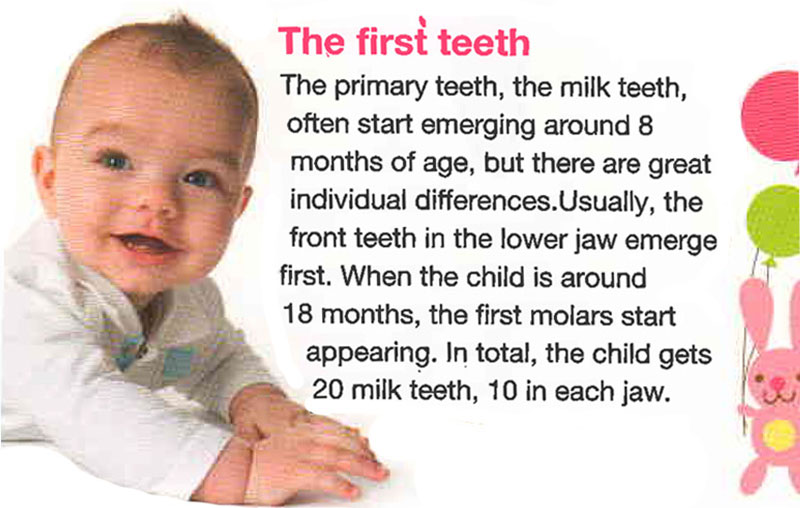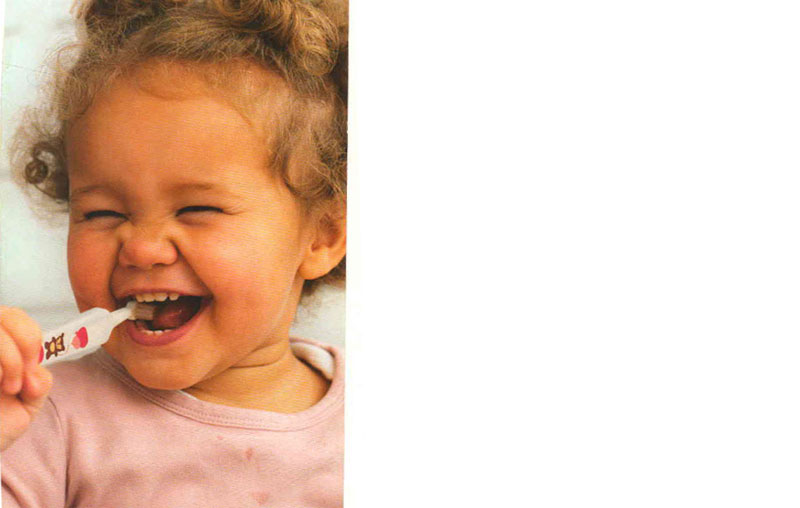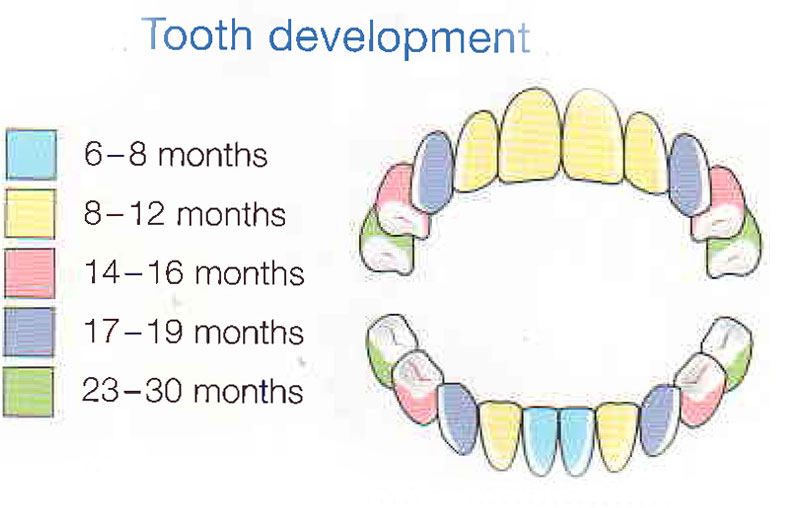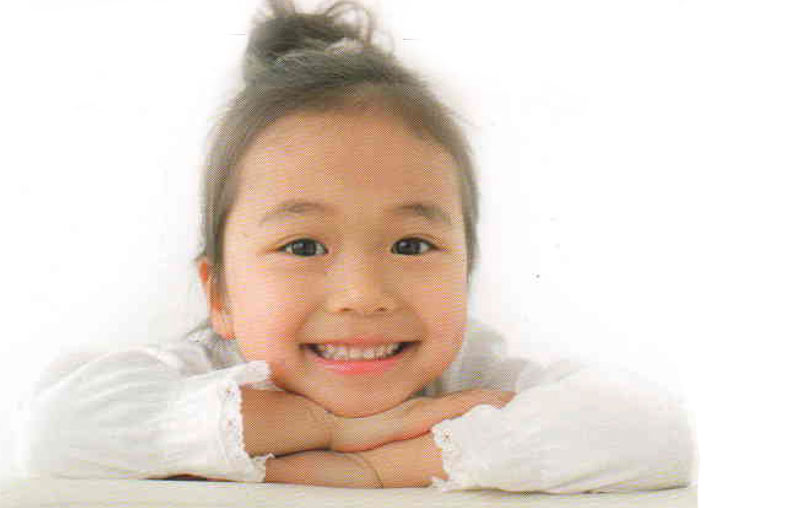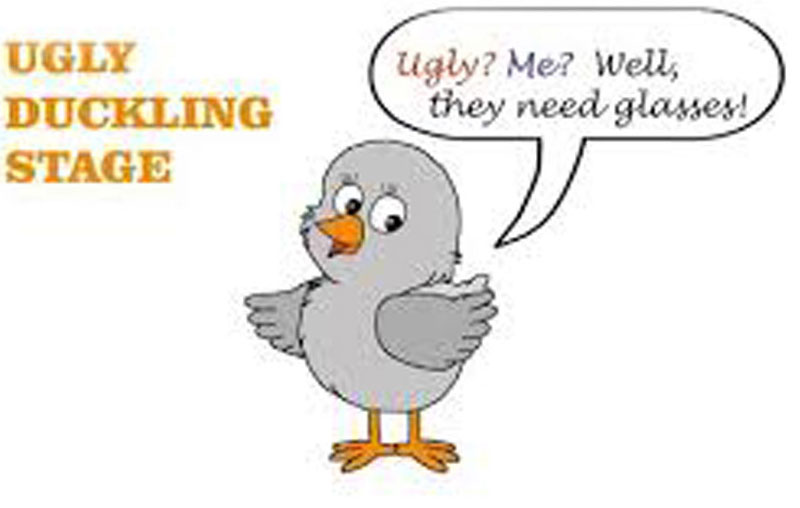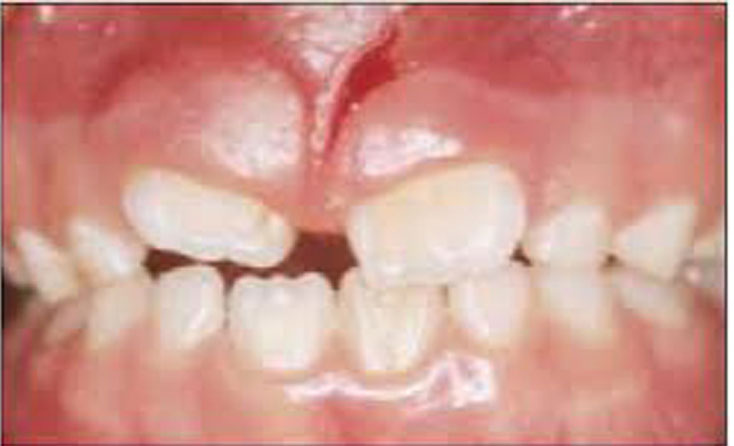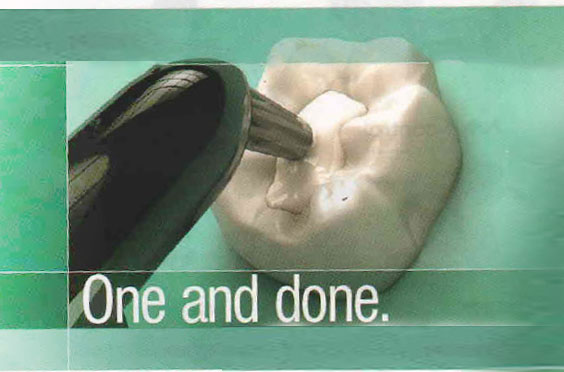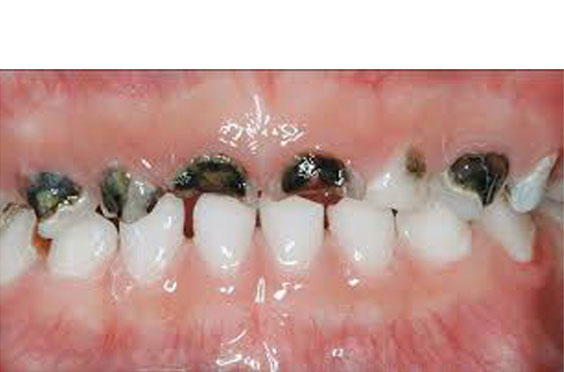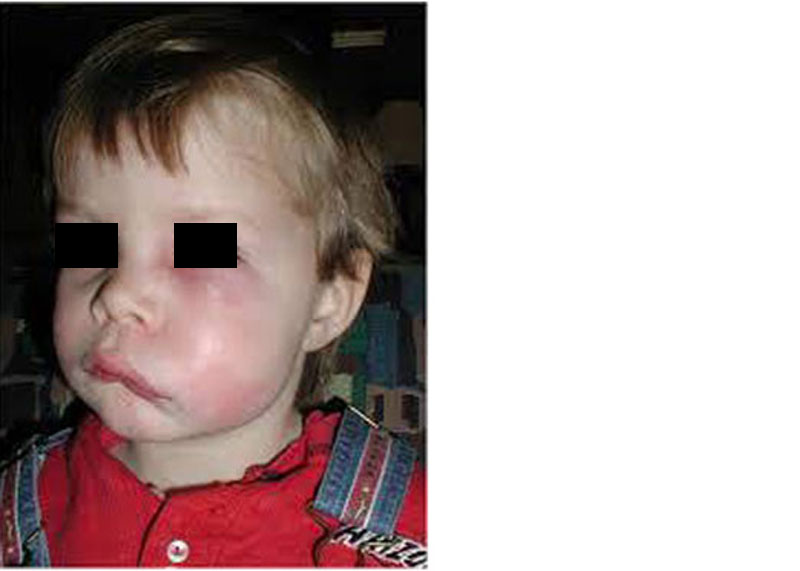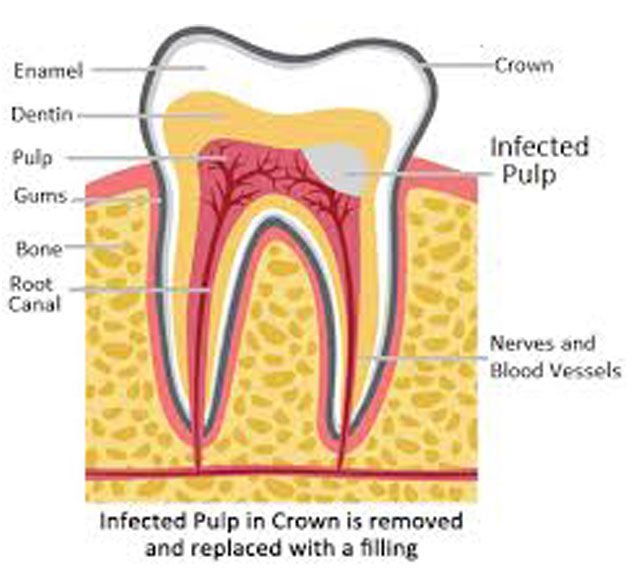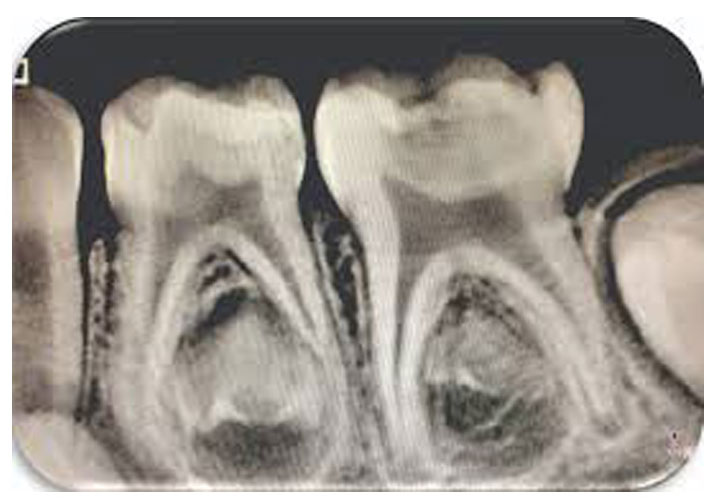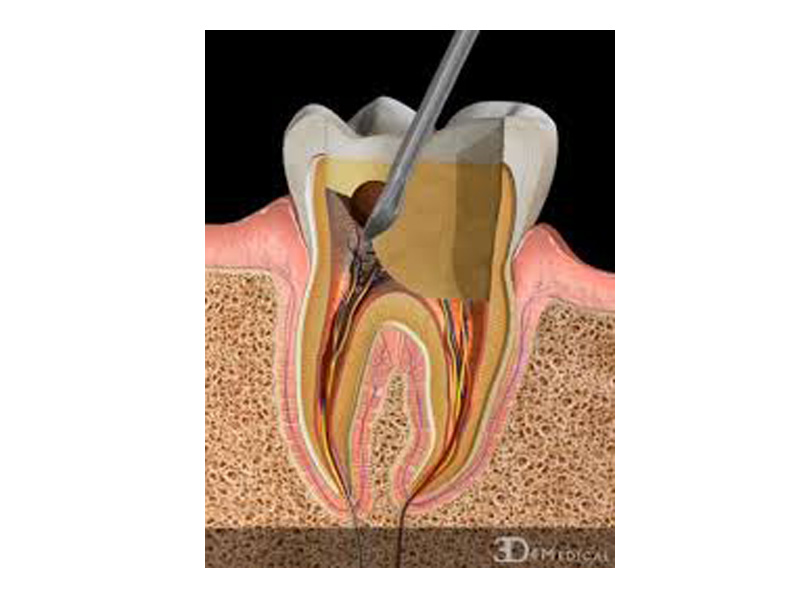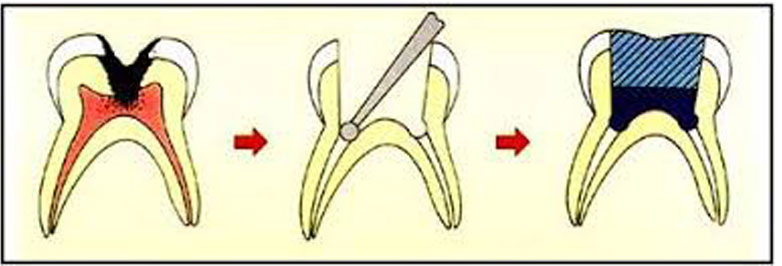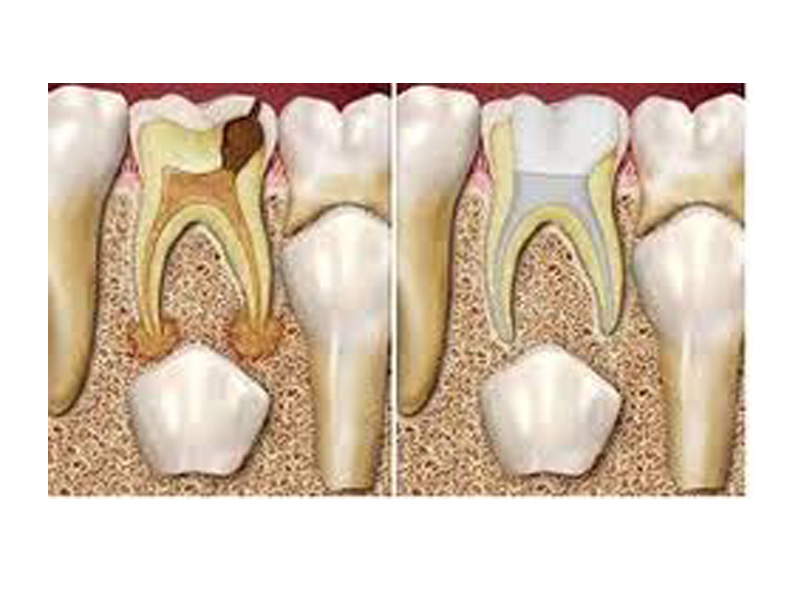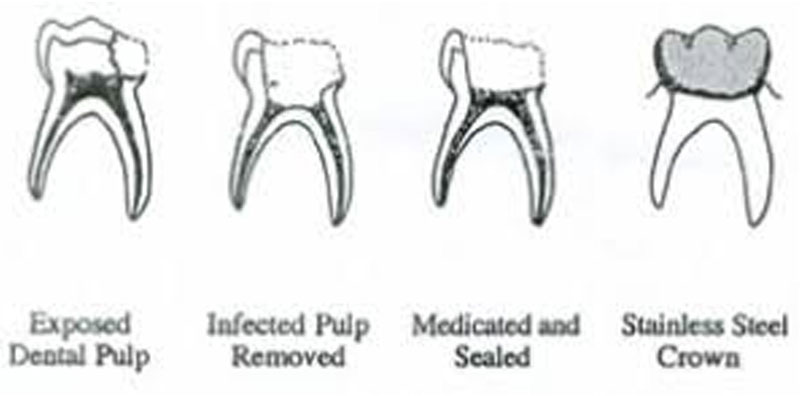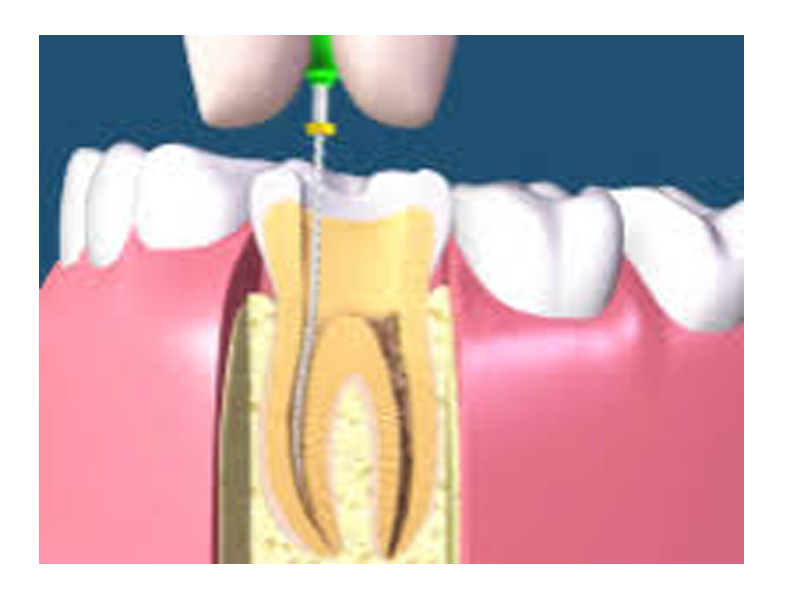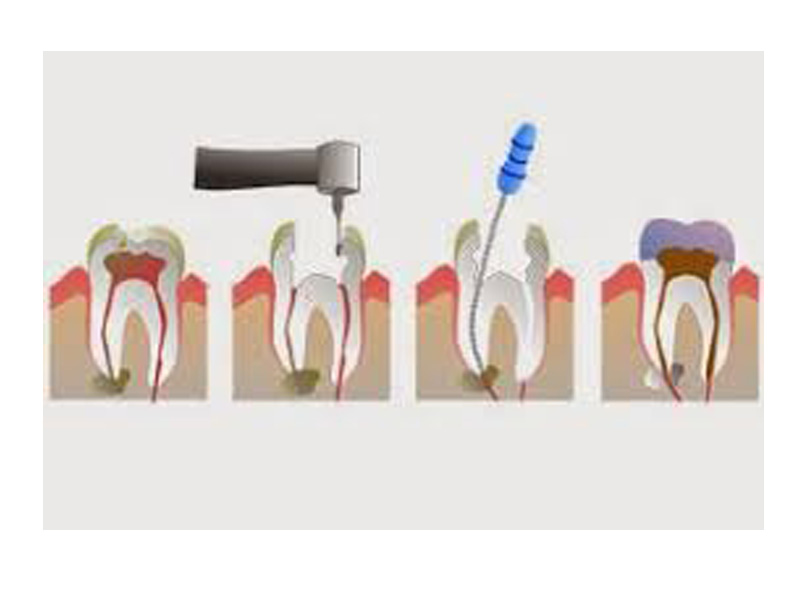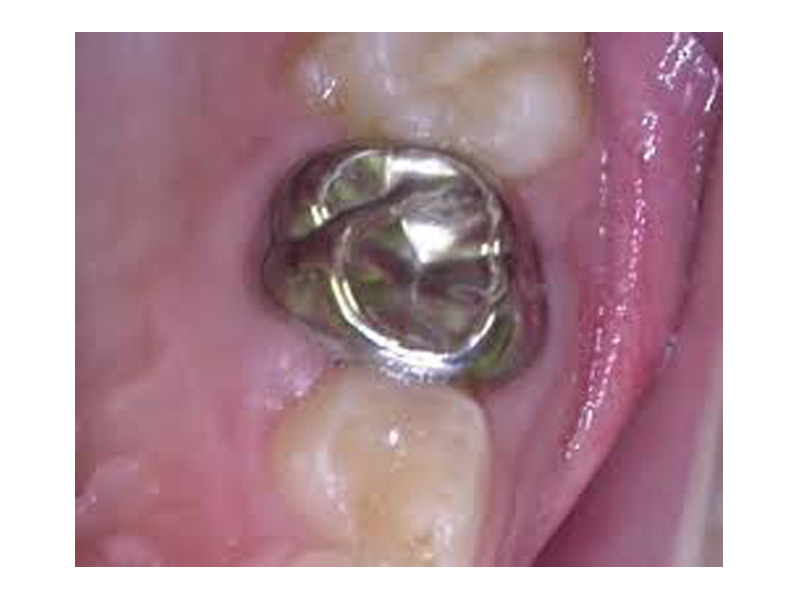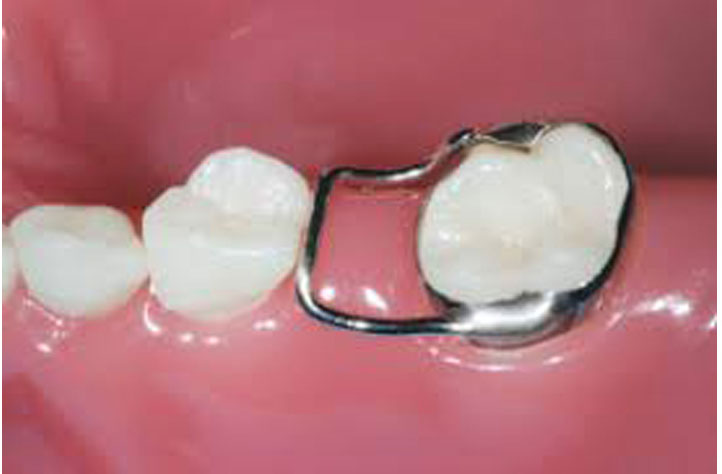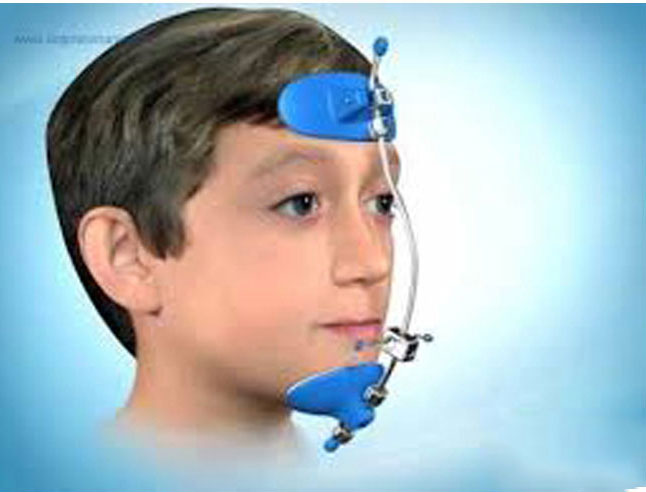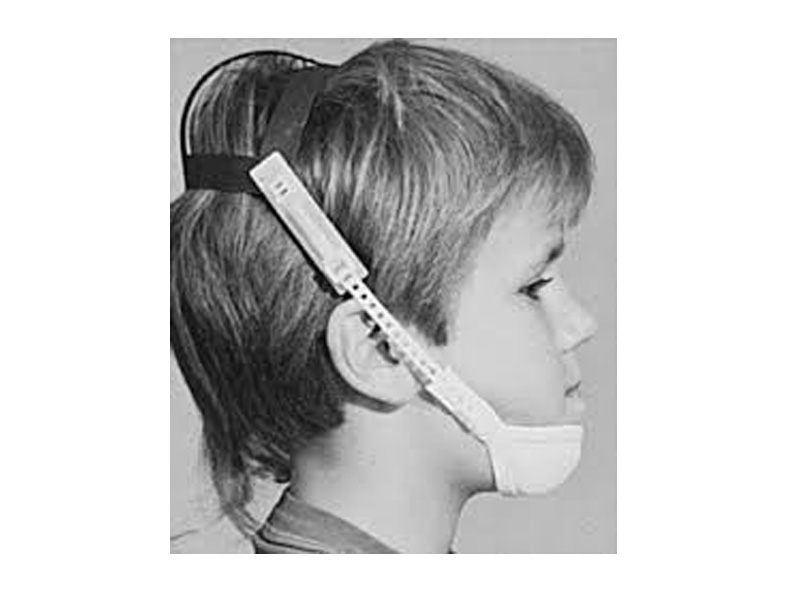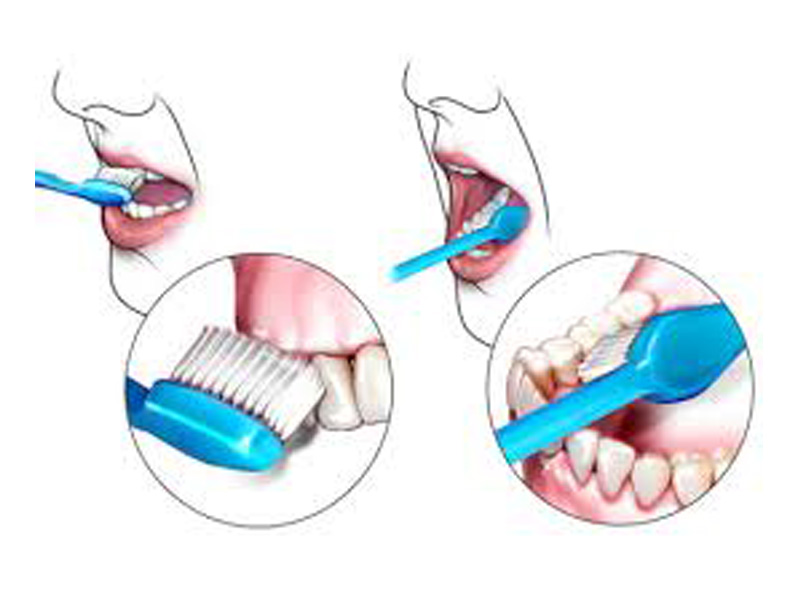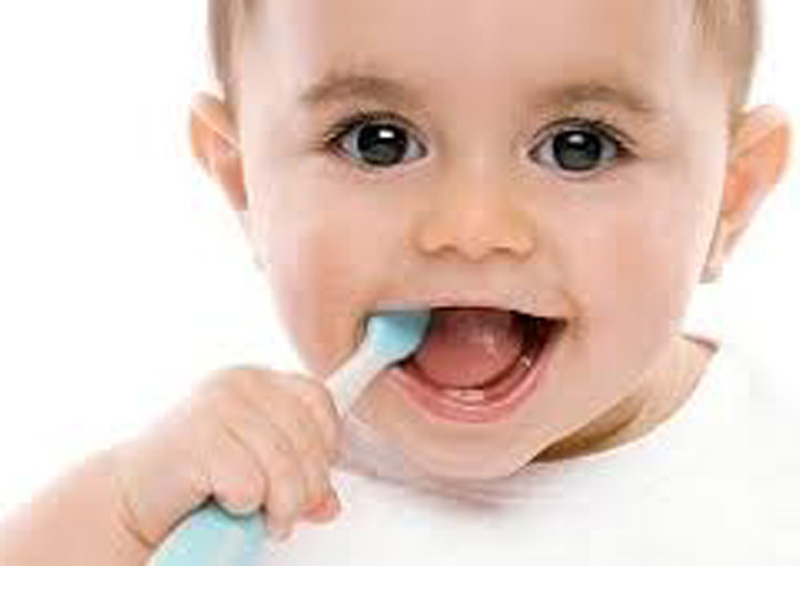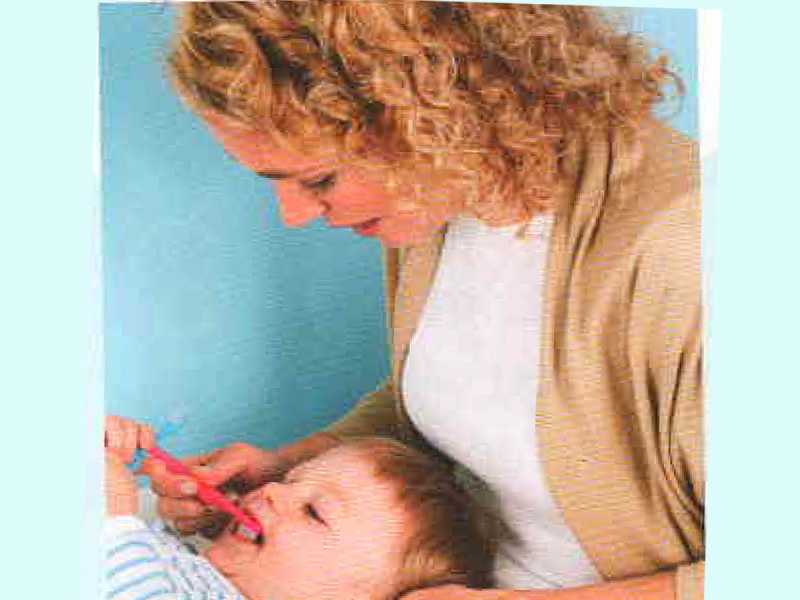- It is a science in dentistry deals with children teeth problems and their treatments from newborn to 12yrs.
- Child’s teeth start forming in uterus from 6th week of intra uterine life
- First tooth to erupt are lower central incisor followed by upper central incisor from 4th month onwards which can vary depending on child’s maturity and growth potential
- Children teeth eruption will be completed by 2 to 2 ½ yrs
- Before teeth erupts, baby’s will have irritation on gums and they bite on all items which comes on their way will make them sick and will have diarrhea.
- Before teeth erupts, baby’s gum should be kept cleaned
- Once teeth appear regular brushing can be started.
- Parents should look after teeth during childhood
- Permanent molar teeth start erupting to mouth around 6 yrs followed by central incisiors.
- By 14 yrs most of permanent teeth except wisdom teeth erupts between 18 to 21 yrs.
- Most mothers complain that when child had milk teeth, it was well aligned with size suiting to the child’s face. But, when permanent teeth erupts, size do not fit into the child’s face. There is nothing to worry because big sizes teeth are the teeth to be fitted into the face, when child becomes an adult.
- When upper 2 central incisor erupts, there will be space between centrals and both teeth are tilted each other. This stage is called “Ugly Duckling stages”. At later stage when next tooth erupts, this stage will be corrected and midline space will disappear.
- First child’s dental visit starts from 6 to 12 months of age.
- Parents should supervise the brushing habits
- Pedodontist recommend regular fluride tablet which can strengthen the enamel after checking the fluride level if less than one PPM(part per million) in the drinking water in the area where child lives
- Topical fluride application can strengthen teeth to avoid dental decay
Dental sealants are applied to sharp grew of chewing surface with light cured composite filling material can provide protection against cavities
Some children will have rampant caries. May be due to mother giving bottled filled with sweet liquid while sleeping in order child to stop crying.
- Caries (decay) are caused when child’s teeth are exposed to sugary liquid, chocolates, fruit juice or sweetened milk.
- Tooth decay starts as when plaque which is a thin sticky film which covers the teeth, where bacteria can survive and with sugar the bacteria produce acid, which will attack the teeth for several minutes will lead to tooth decay(caries)
- If decay abscess and involves pulp, will lead to Dental abscess
- If decay abscess and involves pulp, will lead to Dental abscess If decay occurs and pulp(nerve) not involved, direct filling can be done.

